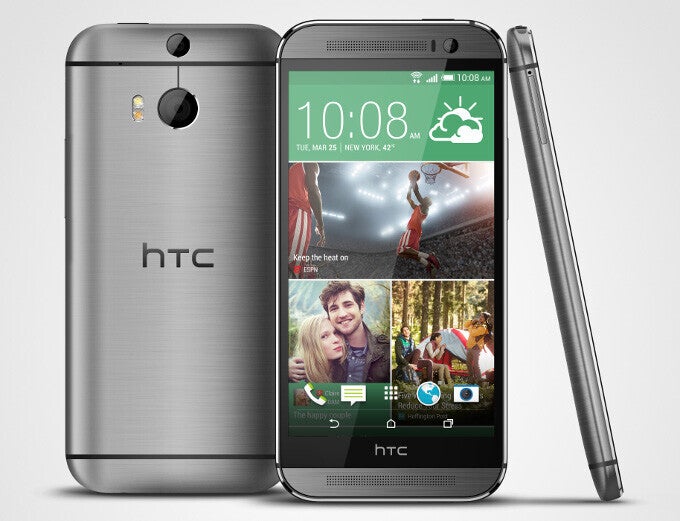In March this year, HTC was planning to release its first flagship phone in three years. At the start of Android and Windows Phone OS, HTC was a bright star in the industry –creating great phones. I was a proud owner of several phones from this Taiwan-based company including; the Touch Diamond, the HTC One (M7), and more. Soon, the innovation stopped and so did the profits.
ALSO READ: Netflix live streaming may soon become a thing
HTC found itself in a cycle that saw it caught in a loop continually spilling red ink and releasing uninspired handsets like the blockchain-focused Exodus 1 and Exodus 2. Maybe in the future making a blockchain phone won’t be such a blockhead move. For now, though, the company needs to get in touch with its past successes.
Earlier this year HTC announced it was building a new flagship phone based on the “metaverse”. Just in case you’re not familiar with the blockchain, it is a system used to keep track of cryptocurrency which makes it nearly impossible to cheat or hack into the system. Earlier this year HTC announced that it was working on a high-end Android phone, its first flagship model since the HTC U12+ in 2018.
HTC’s new handset is reportedly based on the growing”metaverse” trend although such a term could mean anything. There might be some connection between a new high-end HTC handset and the company’s Vive Flow VR headset. There is also speculation that a new HTC phone will support Augmented Reality (AR) apps. The phone was supposed to be unveiled in April but delivery difficulties have forced a delay.
The company might have seen its creative zenith take place in March 2014 when it released the HTC One (M8). The handset’s unique looks garnered plenty of attention and the dual-camera setup (for the blurred bokeh backgrounds seen with portrait photos) and pair of front-facing BoomSound speakers added to the phone’s appeal.
But since then, HTC released a series of forgettable models resulting in a flow of red ink. Despite the disappointments, HTC still has its fans who continue to hope that perhaps the next phone will be the one that gets the outfit back on track. And now the new model that was supposed to have been introduced in April has been delayed due to COVID.
Let’s take a deeper look into HTC’s plan to deliver a metaverse phone. Oxford Languages defines the word as “a virtual-reality space in which users can interact with a computer-generated environment and other users.” And of course, earlier this year Facebook announced that it was changing the name of the social media firm’s parent company to Meta, short for Metaverse.

HTC’s design prowess arguably peaked with 2014’s HTC One M8 Meta Chairman and CEO Mark Zuckerberg tried to explain the metaverse at the time. He said, “The next platform will be even more immersive — an embodied internet where you’re in the experience, not just looking at it. We call this the metaverse, and it will touch every product we build.” Instead of trying to connect with the catchphrase of the moment, HTC needs to examine what made its phones so popular years ago.
One problem though is that in 2017 a cash-starved HTC sold the non-exclusive rights to some of its non-exclusive intellectual property to Google in a deal valued at $1.1 billion. As part of the deal, HTC employees that worked on smartphones, including the Google Pixel and the soon to be announced Pixel 2 XL, were sent packing to Mountain View to join Google.

